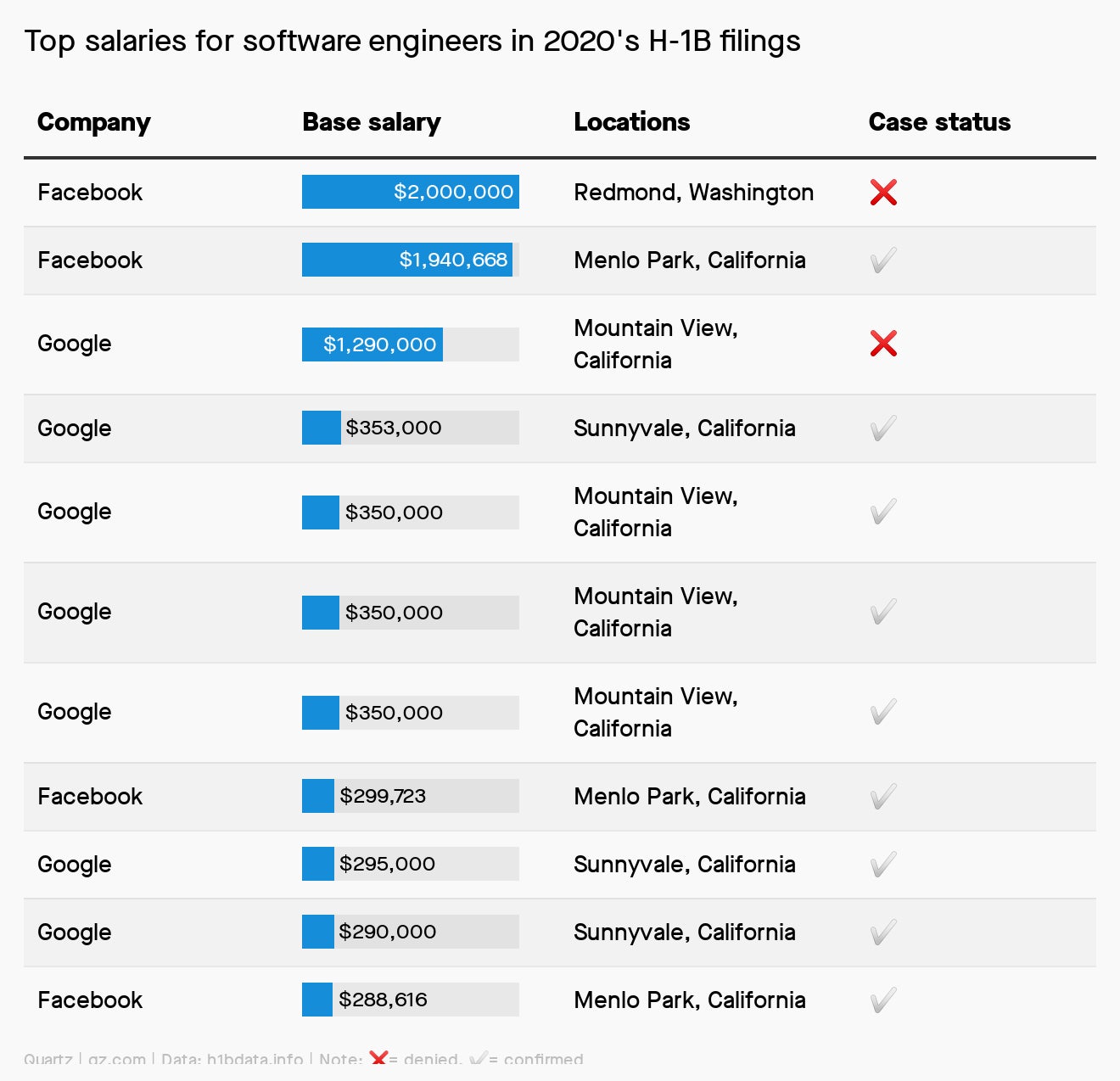Silicon Valley’s next generation, Thai tech clampdown, a floating orb
Good morning, Quartz readers!

Good morning, Quartz readers!
Here’s what you need to know
Silicon Valley’s top incubator shows its stuff. Y Combinator’s biannual Demo Day (now spread over two days) kicked off live over Zoom with each startup in the “class” delivering one-minute pitches to a group of pre-approved investors. This summer’s crop of companies features a notably high number of India-focused operations.
3D world-builder Unity filed for an IPO. The San Francisco-based maker of the Unity game engine filed paperwork reporting 1.5 million active developers and over 50% of all video games using its technology. The company currently operates at a loss, unlike its chief competitor, Epic Games.
Facebook shut down a group critical of Thai royals. Access to the one-million strong “Royalist Marketplace” Facebook group was blocked from within Thailand after a threat of government action. Laws against criticizing the monarchy have not deterred ongoing protests calling for changes to the country’s royal arrangement.
Takeda is selling its Japanese consumer healthcare unit to Blackstone. Japan’s largest pharmaceutical company is divesting itself of over-the-counter operations to focus on developing new drugs. Blackstone’s acquisition—the price of which has not yet been announced—will make it the proud owner of two OTC units in Japan, after the purchase of anti-rheumatism drugmaker Ayumi Pharmaceutical in 2019.
TikTok sued the US government. ByteDance, the parent company of TikTok, claims that US president Donald Trump’s emergency ban on the app denied the company its right to due process. The company reportedly continues to negotiate sale talks with Microsoft and Oracle.
Obsession Interlude: Fixing capitalism
To understand a Quartz obsession, it helps to ask the experts. Here’s how Roberto Mangabeira Unger, a philosopher, Harvard Law professor, and former Brazilian “minister of ideas,” explains the perils of modern capitalism:
“The axis of ideological controversy in the world for 200 years has been the state against the market—more state less market, more market less state, or some synthesis of market and state. Under this view we can do only two things with the market economy. We can regulate it or we can attenuate its inequality… What we cannot do is what we must in fact now do, which is to reinvent the market economy, the institutional arrangements, and the legal rules that make it what it is, so that more people can have more access to more markets in more ways, but also so that we can create a basis on which the most advanced practice of production, the knowledge- based productive activity, can be propagated throughout the entire economy and include the majority of the labor force.”
Keep tabs on the Fixing Capitalism obsession here.
Charting H-1B software engineer salaries
American companies are so dependent on the talent that comes to the US on H-1B visas that they’re willing to pay top dollar for them. Facebook and Google dominated the top-paid jobs among H-1B applicants in software engineering roles in the first eight months of this year, with one Facebook employee granted a visa on a $1.9 million base salary.

Of course, these are anomalies in the most popular H-1B profession. The average salary for the 190,000 software engineers applying for H-1B visas was just over $100,000. And despite a recent crackdown, Big Tech giants saw 99% of their H-1B applications approved so far this year.
A short history of online higher education

🎓 Remote learning in the form of mail-in college correspondence courses dates back to the 19th century. The first institution to offer degrees online was Jones International University, a for-profit school founded by cable TV entrepreneur Glenn Jones.
🎓 Other for-profit schools soon followed. Using aggressive—and at times deceptive and fraudulent—marketing techniques and pushing federal student loans, the for-profit online sector boomed. By 2010, more than 2 million learners, a tenth of all college students, were enrolled in for-profit institutions.
🎓 It didn’t take long for the industry to collapse, however, as investigations and lawsuits exposed the for-profit institutions’ low graduation rates, high levels of student indebtedness, and poor record of career placement.
🎓 Now, an eclectic group of private, non-profit schools have seized the opportunity to invest in their online capabilities and, just as critically, their marketing.
Read our field guide to higher ed to learn how the coronavirus pandemic is redirecting remote education yet again.
✦ Even if your student days are behind you, a Quartz membership ensures you’ll keep learning every day. Get 50% off your first year with the code “SUMMERSALE.”
You asked about endemic diseases
Is coronavirus going to stay with us like the HIV virus?
Yes and no. Experts—including Anthony Fauci, director of the US National Institute of Allergy and Infectious Diseases—say the ease with which coronavirus is passed from one person to another means that Covid-19 will likely become endemic in society. That’s another way of saying that it’s constantly present in a population at a baseline level, like the flu. In that sense, coronavirus is going to stay with the world more than HIV.
But on an individual level, Covid-19 may be easier to immunize against than HIV. An HIV vaccine has eluded researchers for decades because it’s a particularly wily kind of pathogen called a retrovirus, and theoretically, a coronavirus vaccine should be much more straightforward. A vaccine won’t eliminate Covid-19 entirely—we’ve only ever gotten rid of one disease, smallpox, through vaccination, and we’ve been struggling to stamp out polio for decades. But it could be a valuable tool in holding it at bay.
Surprising discoveries
Rogue planets can run but no longer hide. Thanks to a new telescope, NASA will be able to identify mysterious planets that float in space without orbiting a sun.
Come aboard, Apple is expecting you. The newest Apple store is a floating orb on Singapore’s waterfront.
Your face mask is even more valuable than you think. An American wearing a mask for one day helps prevent future lockdowns and in turn, boosts US GDP by $56.14.
A tiny meteorite may shed light on evolution. Asuka 12236 is the size of a golf ball, but its amino acid concentration could help researchers understand how life developed.
Cheap Chinese smartphones have money-stealing malware. Transsion, which makes phones for much of the developing world, blamed the incidents on a vendor in its supply chain.
Our best wishes for a productive day. Please send any news, comments, Apple store design plans, and important rocks to [email protected]. Get the most out of Quartz by downloading our app on iOS and becoming a member. Today’s Daily Brief was brought to you by Ana Campoy, Ananya Bhattacharya, Susan Howson, and Max Lockie.